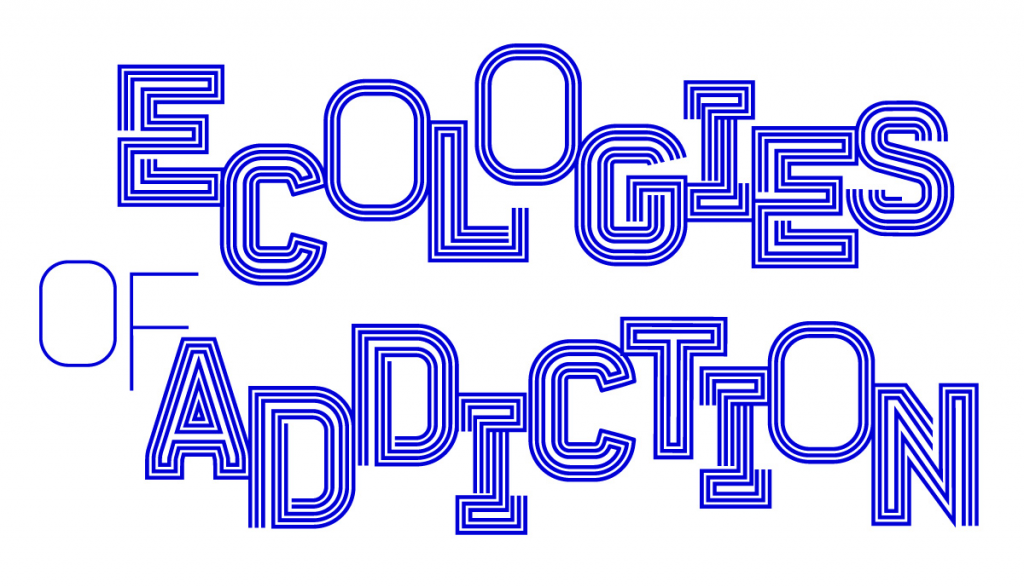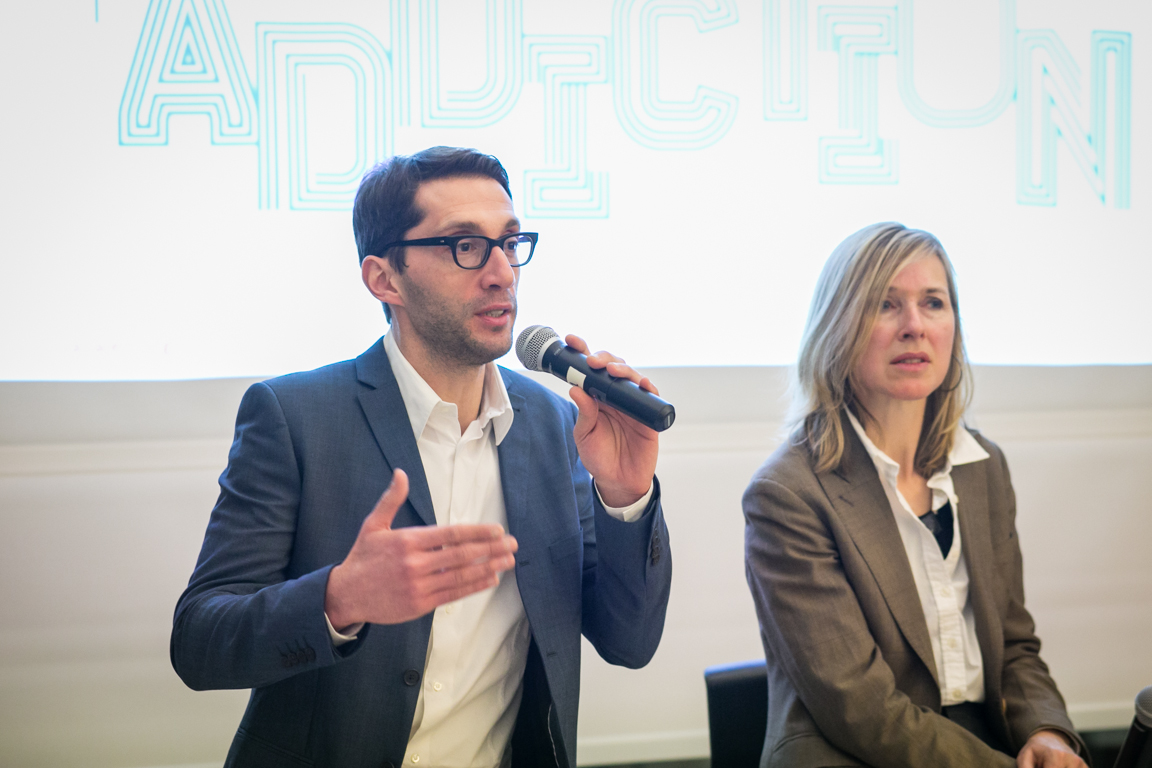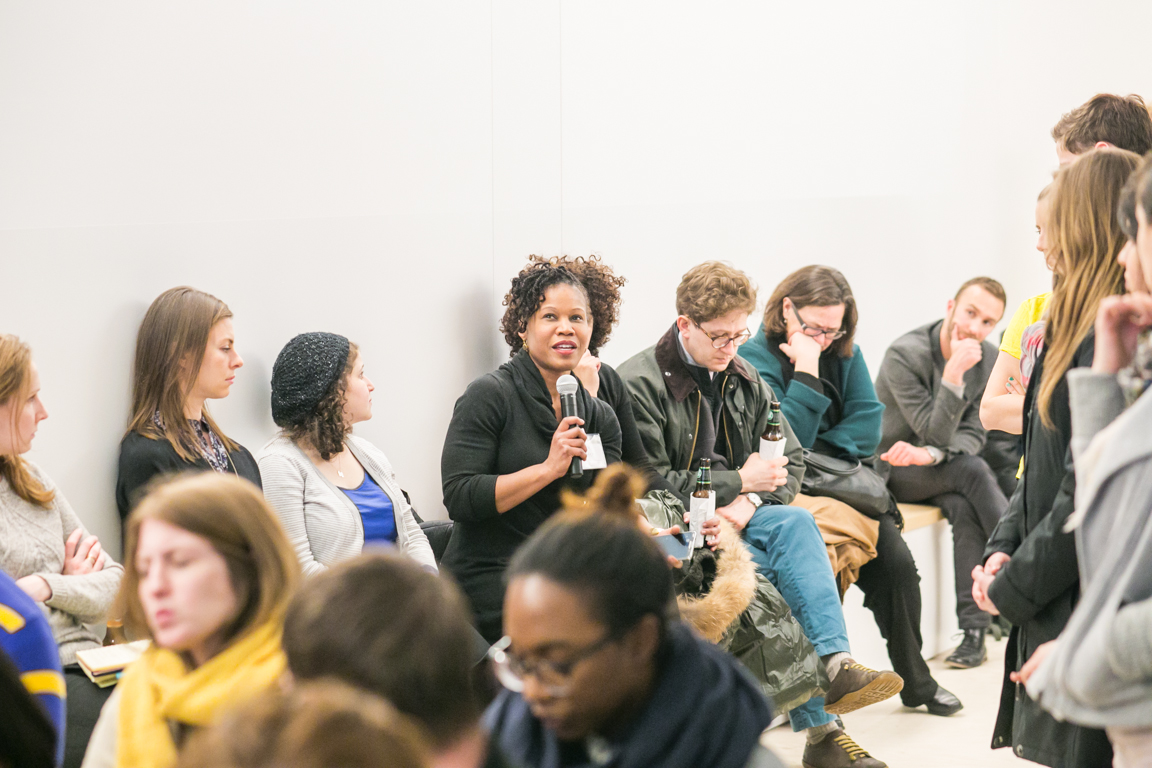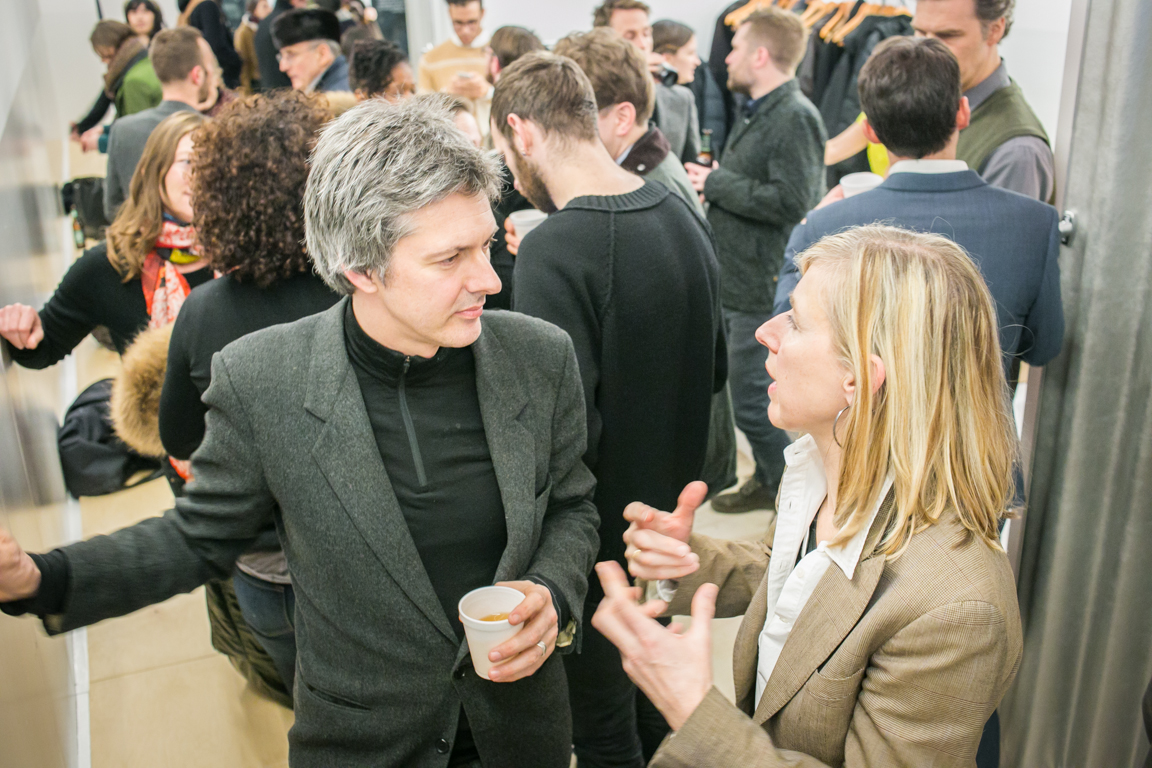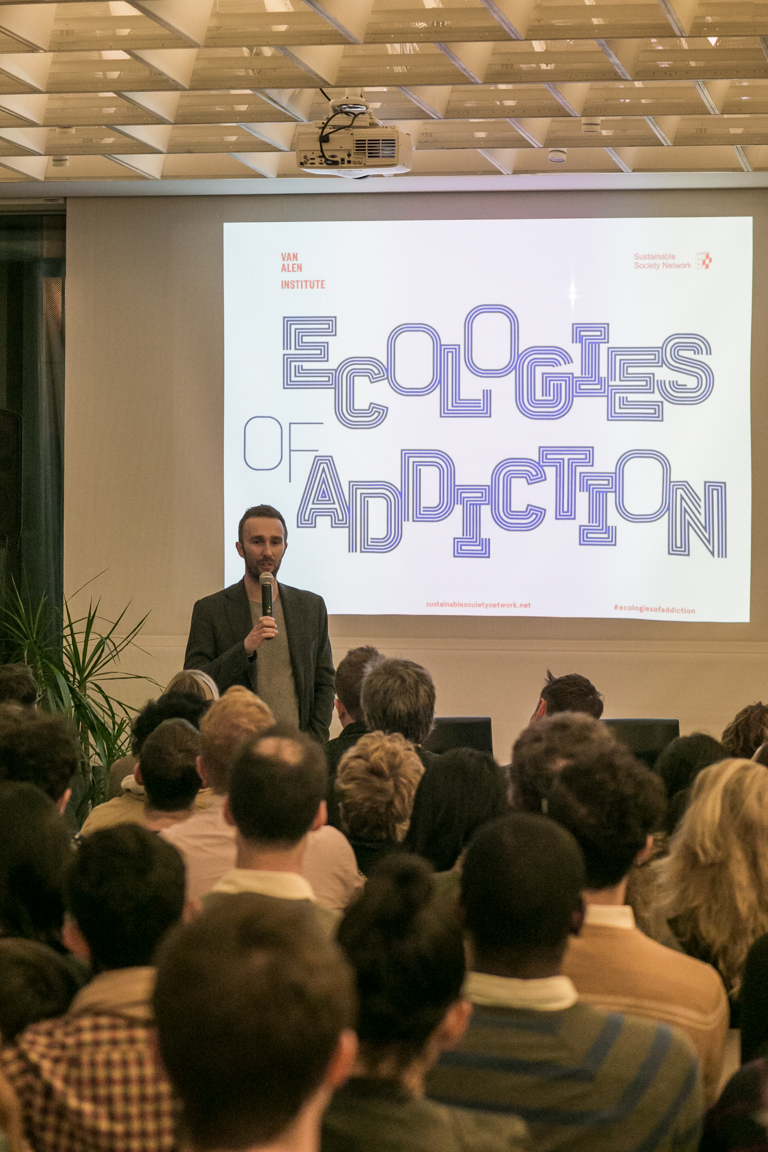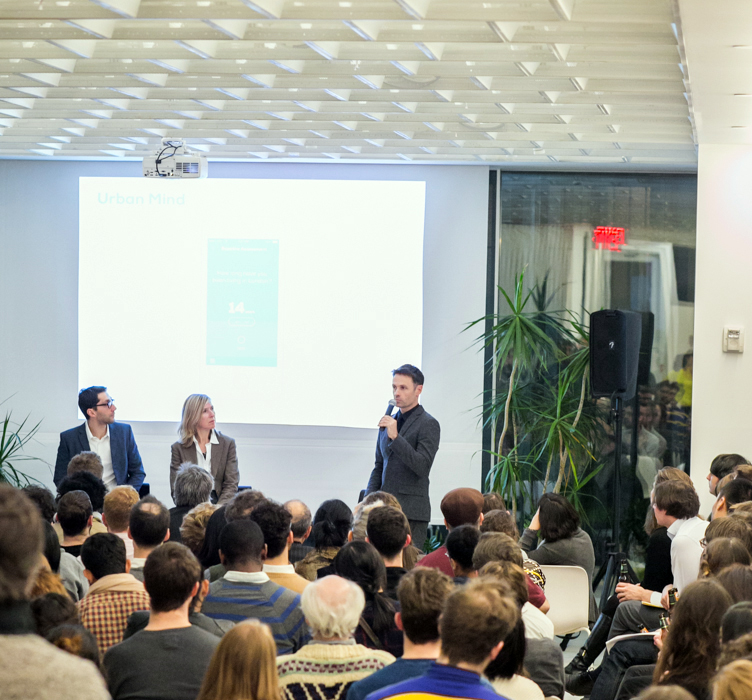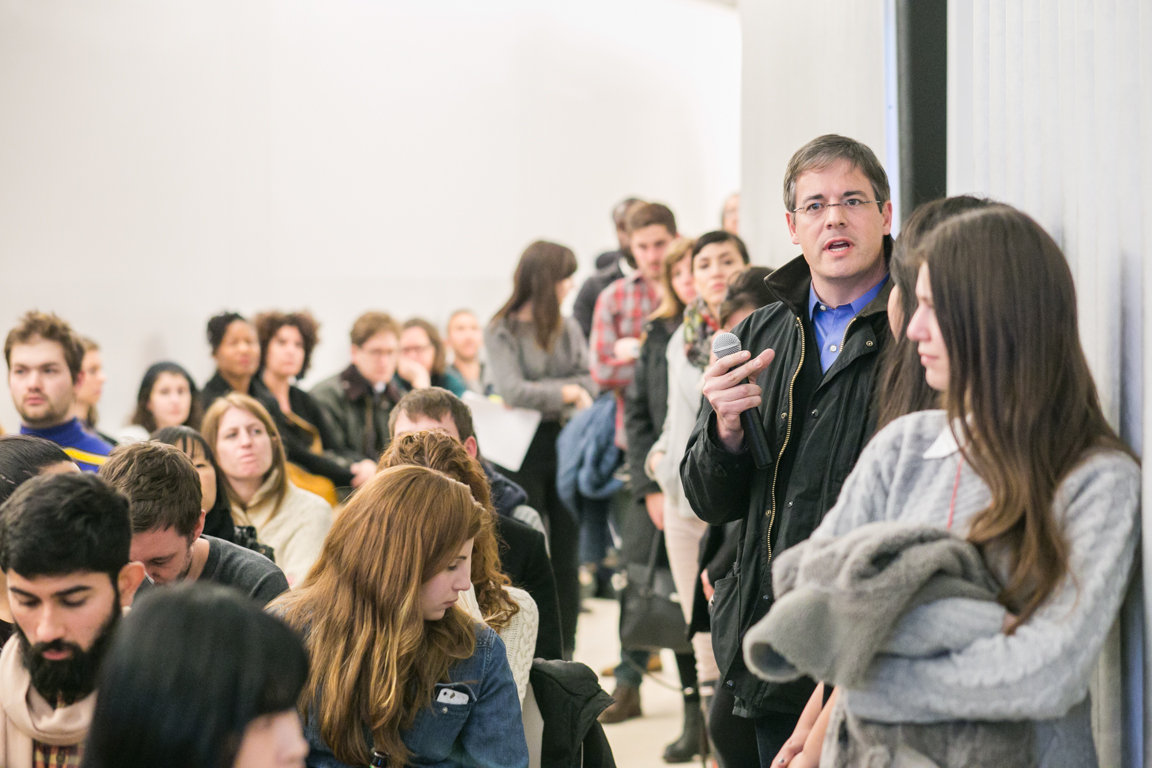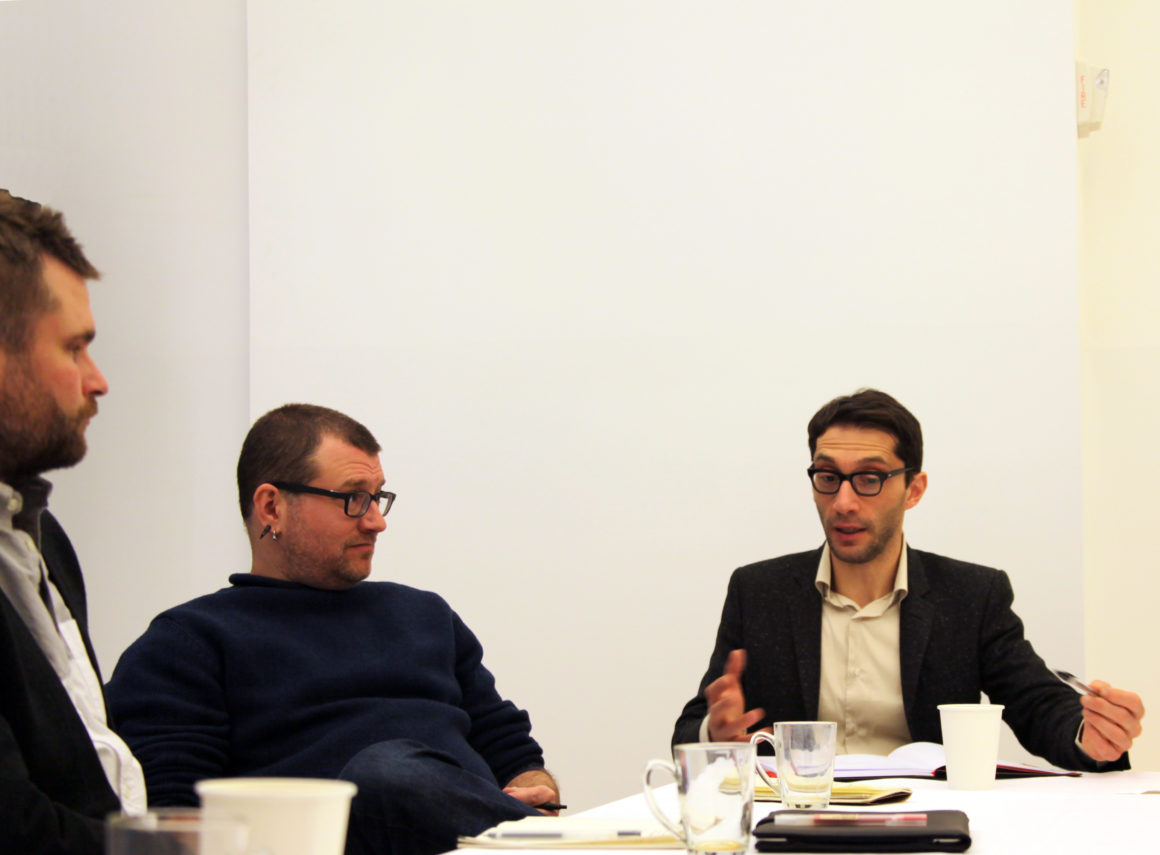How can policymakers, civic groups, and public health organizations better understand the effects of city life on the mind and body of each citizen, and use this knowledge to create more resilient communities?
The social and economic effects of addictive behaviors present profound challenges to cities all over the world, and have a tremendous impact on community sustainability and resiliency. While both chemical and behavioral addictions have a complex set of causal factors, a growing body of research correlates the physical characteristics of neighborhoods with the health and wellbeing of their residents, and we believe that the connection between the two is an important area in need of study.
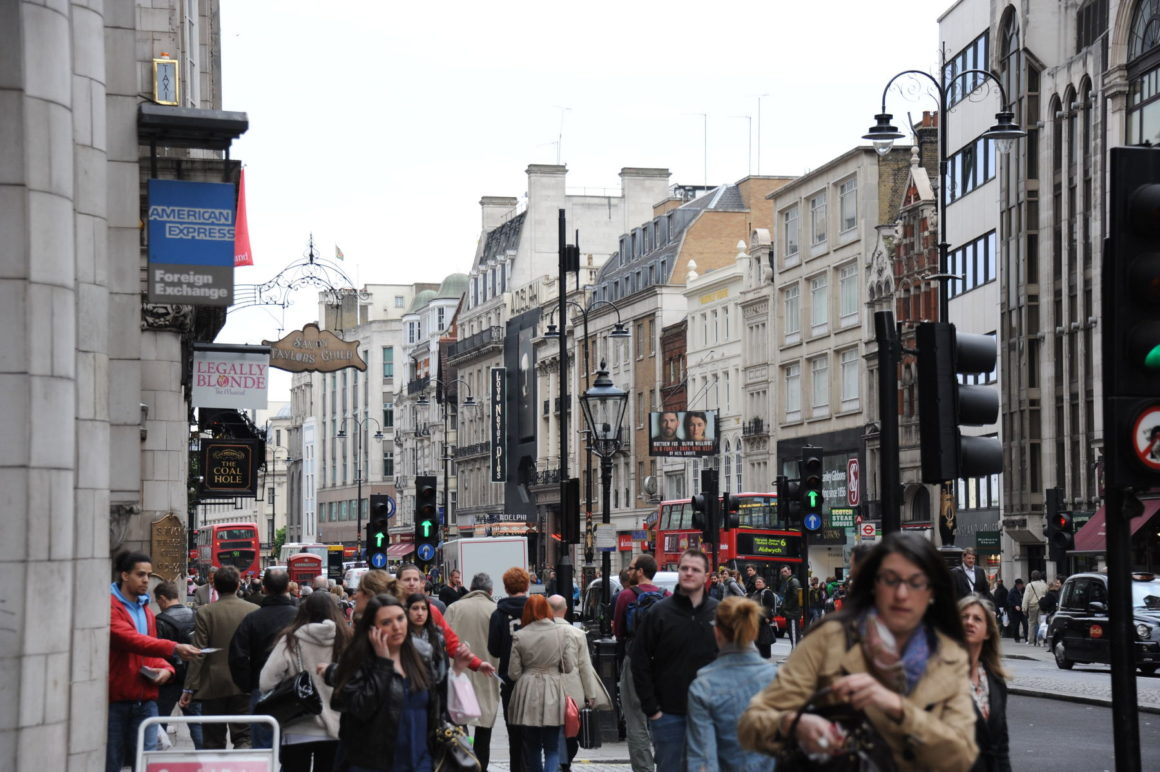
About
Van Alen Institute and Imperial College London’s Sustainable Society Network+ sponsored Ecologies of Addiction, a joint US-UK initiative to explore how digital technologies can be used to better understand the complex relationship between the built environment of the city and addictive behaviors.
The initiative’s research team, which includes a neuroscientist, two landscape architects, and an artist, developed a smartphone app they called Urban Mind. The app was used to examine how even brief encounters with nature—hearing birdsongs, encountering trees, catching a glimpse of the sky—can improve mental well-being.
We hope to generate insights for public health authorities, urban planners and designers, social services providers, and other public and private entities as they develop innovative policy tools and practices to enhance wellbeing in cities.
Ecologies of Addiction was an integral part of Van Alen Institute’s Elsewhere: Escape and the Urban Landscape, a multi-year initiative that explored exploring how both the form and organization of the built environment influence our need for escape. Through competitions, public programs, and research, this unique multidisciplinary effort brought together innovators in design, public health, policy, and the sciences to change the way we understand cities.
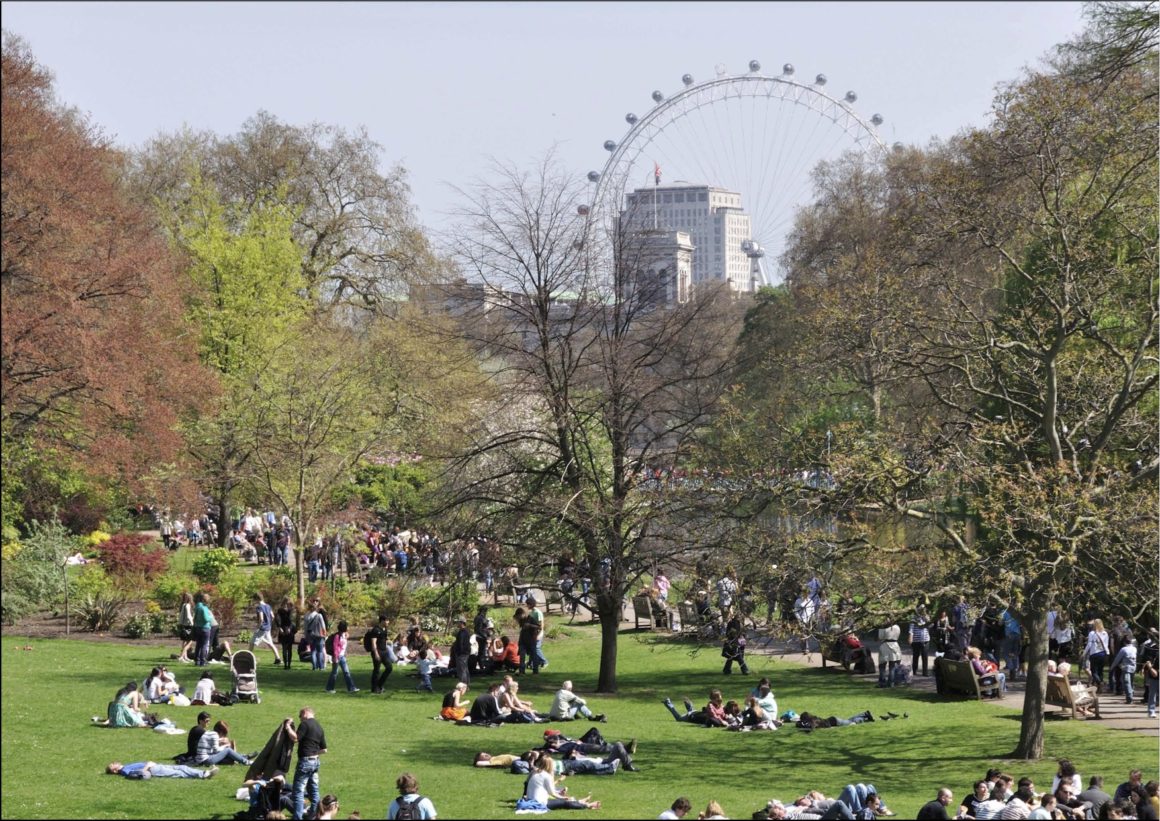
Project Findings
In the study, the Urban Mind research team shed new light on how nature in cities impacts city-dwellers, particularly those vulnerable to addictive disorders, and suggests exciting possibilities for the future of mental health, planning, and urban design. You can download the full study here.
As Van Alen continues to explore the intersection of urban environments and mental well-being—supporting innovative, groundbreaking, and cross-disciplinary research along the way—we thank the Urban Mind team for its outstanding contribution to the Ecologies of Addiction project and look forward to sharing its future work with our audience of urbanists and city-makers! More on the study and its various implications can be found on Van Alen’s research page.
Note: In the acknowledgements of the research team’s published study, “Urban Mind: Using Smartphone Technologies to Investigate the Impact of Nature on Mental Well-Being in Real Time,” it is suggested that Van Alen issued the team a grant for their research. Van Alen is not a grant-making institution.
Launch Event
The London-based research team visited Van Alen Institute in January 2015 to publicly present the implications of their first phase of work, as well as the questions that they hope to answer. In from of a full house at Van Alen’s new ground floor space, they explained how they are defining addictive behaviors, why they see impulsivity as an important indicator for an individual’s vulnerability to addiction, and details about the app-based tool they are developing to gather data for the project.
The launch was followed by a day of workshops with experts invited from fields including epidemiology, clinical psychology, environmental justice and community organizing, GIS and community-based mapping, statistics, and public health policy. Over the course of the day, the experts worked with the team to improve every aspects of the project.

RESEARCH TEAM
Dr. Andrea Mechelli, Institute of Psychiatry, Psychology & Neuroscience, King’s College London, London, UK
Johanna Gibbons, J&L Gibbons Landscape Architecture Urban Design, London, UK
Neil Davidson, J&L Gibbons Landscape Architecture Urban Design, London, UK
Michael Smythe, Nomad Projects, London, UK
VAN ALEN INSTITUTE
David van der Leer, Executive Director
Anne Guiney, Director of Strategic Initiatives
Andrew Brown, Associate Director of Research
SUSTAINABLE SOCIETY NETWORK+
Dr. Catherine Mulligan, Principal Investigator, Imperial College London, London, UK
Stephen Lorimer, Network Coordinator and Research Associate, Imperial College London, London, UK
PROJECT ADVISORS
Dr. Thomas Albright, Salk Institute, La Jolla, CA
Dr. Andrea Barthwell, Medical Director, Two Dreams Chicago, Chicago, IL
Dr. Mark Hansen, Director, Brown Institute for Media Innovation, Columbia University, New York, NY
Dr. Karen Lee, Former Built Environment & Active Design Director, New York City Department of Mental Health and Hygiene, New York, NY
Robert Richardson, Senior Advisor, New York City Technology Development Corporation, New York, NY
Sarah Williams, Director, Civic Data Design Lab, Massachusetts Institute of Technology, Cambridge, MA
